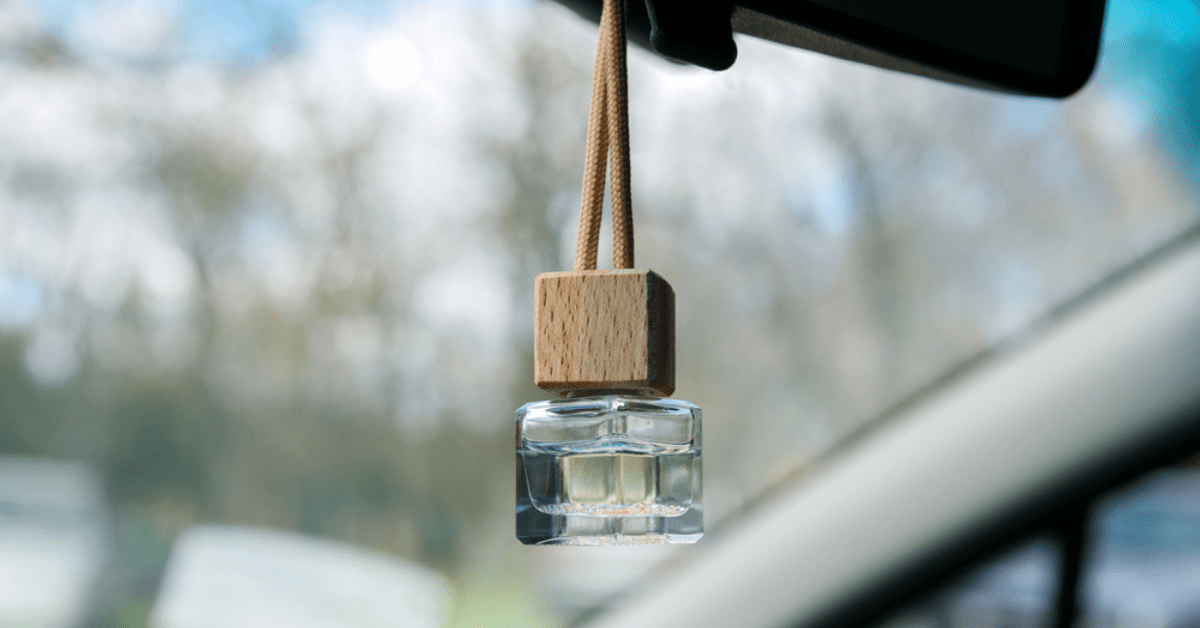Phase 1 Safe Reopening: Will Petrol Prices Go Up?
Ever since the COVID-19 pandemic swept across the world, crude oil prices have been on a heavy decline globally. In April 2020, Brent crude – the worldwide benchmark for oil – fell to its lowest price in over 20 years.
Following this decrease, West Texas Intermediate (WTI) Crude – the oil benchmark used by the United States – experienced an unprecedented phenomenon. Oil prices in the US fell to negative US$38 per barrel.
The drop in crude oil prices is one of the many impacts COVID-19 has on the automotive industry and the world as a whole. With the fall in prices, does it have an effect on petrol prices? Will we see fuel prices in Singapore increase or drop during Phase 1 of Safe Reopening period? Let’s find out!
Behind the Cost of Petrol
Before we move on, we must first understand what goes into the price of petrol. Apart from the barrel prices of crude oil, there are many other factors that contribute to the pricing.
Some of these factors are, how much it takes to import petrol to a specific country, if there are any taxes or levies imposed on petrol, refining costs to turn the crude oil into petrol and other additional costs that might vary from company to company.
Also, as mentioned by Senior Parliamentary Secretary for Trade and Industry Dr Tan Wu Meng in Parliament on 26 May, factors like demand for other types of oil and excess supply play a part in pricing.
All these factors contribute to the price of petrol and it’s also a reason why petrol prices don’t fall significantly with the price of crude oil.
Less Demand = Higher Petrol Prices
The most important factor in determining petrol prices is demand. Naturally, if there’s more demand for crude oil, prices should increase. However, it seems to work a little differently with petrol.
During the refinement process, crude oil is refined into different products. The refinement into different products is more or less fixed and works in tandem with the other refined products.
As explained by Dr Tan, “If there is a change in demand for one of the refined products, it can affect the supply and demand situation for the others,”. This can cause refineries to cut back on crude oil refinement, which then reduces the production of other refined products like retail petrol.
As a result, this will push up petrol prices despite the demand still there. So, with less demand, petrol prices are likely to go up. However, it’s important to note that it will also depend on the supply of crude oil. If there’s a lot of demand but little supply, prices will go up too.
Will Prices Go Up or Down?
When the prices plummeted in April, petrol prices in Singapore remained unchanged.
Fast forward to the middle of May, Singaporeans saw prices for 92 and 95-octane grade petrol fall to below $2 per litre. This is the first time more than one grade of petrol was retailing below $2 since 2015. However, just one week later, petrol prices went back up again across all the different companies (except for SPC).
So what will happen next?
Since the start of the year, crude oil prices have been experiencing a downward trend. This is due to the COVID-19 pandemic locking everyone indoors and limiting air travel. These factors greatly affect petrol prices all over the world.
As countries are easing back into normalcy and lifting lockdowns, demand will start to pick up again. Further adding to this demand is the fact that more people are looking at owning their personal vehicles to minimise exposure in public spaces like buses and trains.
If we use China as an example to manage expectations and predict what’s to come ‘post lockdown’, the country saw an increase in petrol prices when the lockdown was lifted. So, with this increase in demand, compounded by what we’ve seen in other countries, there’s a very good chance that petrol prices will continue to increase over the coming weeks.
People also liked: COVID-19 CIRCUIT BREAKER: IMPORTANT INFORMATION FOR CAR OWNERS TOP 5 REASONS FOR ACCIDENTS IN SINGAPORE HOW DO CAR SUBSCRIPTIONS HELP YOU SAVE MONEY




